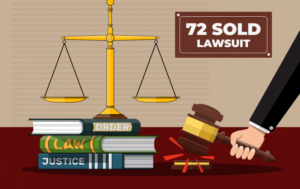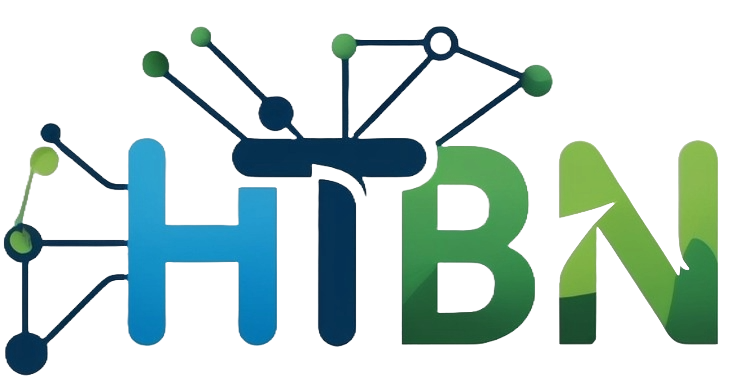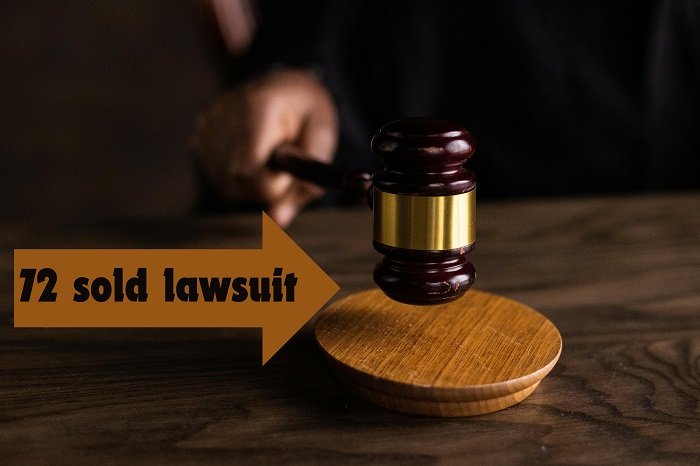What is the 72 Sold Program?
The 72 Sold Program is an innovative approach designed to facilitate the rapid sale of residential properties in the competitive real estate market. Launched to address the common challenges that homeowners face when attempting to sell their homes, this program aims to streamline the selling process while maximizing the value of the property. Unlike traditional real estate methods, which typically involve lengthy listings and negotiations, the 72 Sold Program leverages a unique selling strategy that focuses on expediting transactions without compromising on price.
At the core of the 72 Sold Program is a structured framework that allows homeowners to sell their properties in as little as 72 hours—hence the name. This is achieved through a combination of expert marketing tactics, comprehensive market analysis, and a network of qualified buyers actively seeking homes. Sellers benefit from a customized plan that includes professional staging, high-quality photography, and targeted online advertisements, all designed to showcase the property in its most appealing light. By employing this concentrated strategy, homeowners can attract serious buyers who are prepared to make competitive offers.
The appeal of the 72 Sold Program lies in its focus on efficiency and results. By promoting homes effectively and using data-driven insights, sellers can minimize the time their properties spend on the market. Additionally, the program often highlights incentives that traditional methods may overlook, such as flexible closing timelines and reduced seller concessions, making it an attractive option for those looking to maximize their profits while expediting their sales. Overall, the 72 Sold Program represents a significant departure from conventional selling methods, offering unique benefits that resonate with today’s homeowners.
Details of the 72 Sold Lawsuit
The 72 Sold lawsuit has garnered significant attention within the real estate sector, primarily due to its implications for how property transactions are conducted. Central to this case are the key parties involved, which include 72 Sold, a real estate program that claims to facilitate quick home sales, and the plaintiffs, comprising former clients alleging unfair practices. These individuals assert that they experienced losses or were misled regarding the true nature and costs associated with the program.
The main allegations brought forth in the 72 Sold lawsuit focus on deceptive marketing practices and potential financial losses sustained by the plaintiffs. The plaintiffs argue that they were promised expedited sales and premium offers but ultimately found the actual process lacked transparency. In this regard, claims of breach of contract and misleading advertising have been pivotal in framing the lawsuit’s narrative.
Historically, the emergence of this lawsuit can be traced back to growing competition in the real estate market, where innovative selling models are increasingly being scrutinized. The rise of programs like 72 Sold reflects broader trends in consumer demands for efficiency and lower costs. However, these expectations may not always align with the reality of the legal obligations that professional real estate companies must uphold.
In terms of legal claims, the lawsuit raises questions about the standards of practice and ethical considerations in real estate transactions. The legal landscape surrounding this case could lead to significant ramifications not just for 72 Sold but also for similar programs that operate within the industry. Such cases will likely shape future regulations and consumer protections in real estate, as stakeholders seek to ensure that all parties involved in property transactions operate in a manner that is both transparent and fair.
Impact of the Lawsuit on Home Sellers
The 72 Sold lawsuit has raised significant concerns among both current and prospective home sellers utilizing the 72 Sold program. This legal action could potentially affect seller confidence in the home selling process, as many individuals may now be questioning the reliability and efficacy of the program. The fear of negative consequences stemming from this lawsuit could lead to hesitancy in participating in the program, driving sellers to consider alternative options or traditional methods of selling their homes.

From a market perspective, the ramifications of the lawsuit might extend to property values. Sellers may find that prospective buyers are more cautious or suspicious due to the ongoing legal issues. This perception could lead to an overall decline in demand for homes listed under the 72 Sold program, which may subsequently impact market prices. Real estate experts suggest that the lawsuit could create a ripple effect, influencing not only those involved in the program but also the broader housing market as trust in innovative selling methods wanes.
Testimonials from sellers who have recently used the program indicate a notable shift in sentiment. Many express concerns about the credibility of the offered services and the potential fallout from the lawsuit on their ability to sell quickly and profitably. Additionally, the lawsuit may foster an atmosphere of uncertainty, further complicating the already intricate dynamics of the real estate market. Sellers might become more apprehensive about sharing their experiences publicly, fearing that repercussions could arise from associating with the 72 Sold program.
In conclusion, the 72 Sold lawsuit holds significant implications for home sellers. It is essential for those considering the program to remain informed about the evolving legal landscape, while understanding the possible effects on their confidence, property values, and market perceptions.
Future of the 72 Sold Program
The 72 Sold program has garnered significant attention in the real estate market, particularly following the recent lawsuit that has brought its operations and claims into question. As the legal proceedings unfold, it is vital to consider how the program may adapt to address these challenges. The potential outcomes of the lawsuit will likely necessitate some form of reform or restructuring within the program to assure participants of its compliance with legal standards and ethical practices in real estate transactions.
In the wake of the lawsuit, the 72 Sold program could see a reassessment of its marketing strategies and operational procedures. This might involve enhancing transparency regarding fees and commissions, ensuring that homeowner expectations align with actual practices. Such reforms will not only aim to mitigate any negative public perception stemming from the legal action but also to reinforce trust among potential clients. As the program strives to legitimize its claims and offerings, it may implement new policies designed to protect both sellers and buyers from potential pitfalls.
Moreover, the broader implications for the real estate industry cannot be understated. The outcome of the 72 Sold lawsuit may prompt other real estate programs to reassess their operational integrity and marketing initiatives, leading to increased scrutiny across the board. The pursuit of ethical real estate transactions and fair practices might emerge as a key focus for companies navigating this landscape. Consequently, it is crucial for homeowners and real estate professionals alike to keep abreast of these developments, as the future trajectory of the 72 Sold program may set a precedent for similar services in the market.
Conclusion
In conclusion, the future of the 72 Sold program hinges on its ability to respond to the legal challenges posed by the lawsuit while reinforcing ethical practices within the industry. It is essential for homeowners to remain informed about these changes and consider their options carefully when engaging with such programs. The evolving nature of real estate services underscores the importance of due diligence in making informed selling decisions, ultimately guiding prospective sellers toward successful outcomes.
May Be You Also Read

